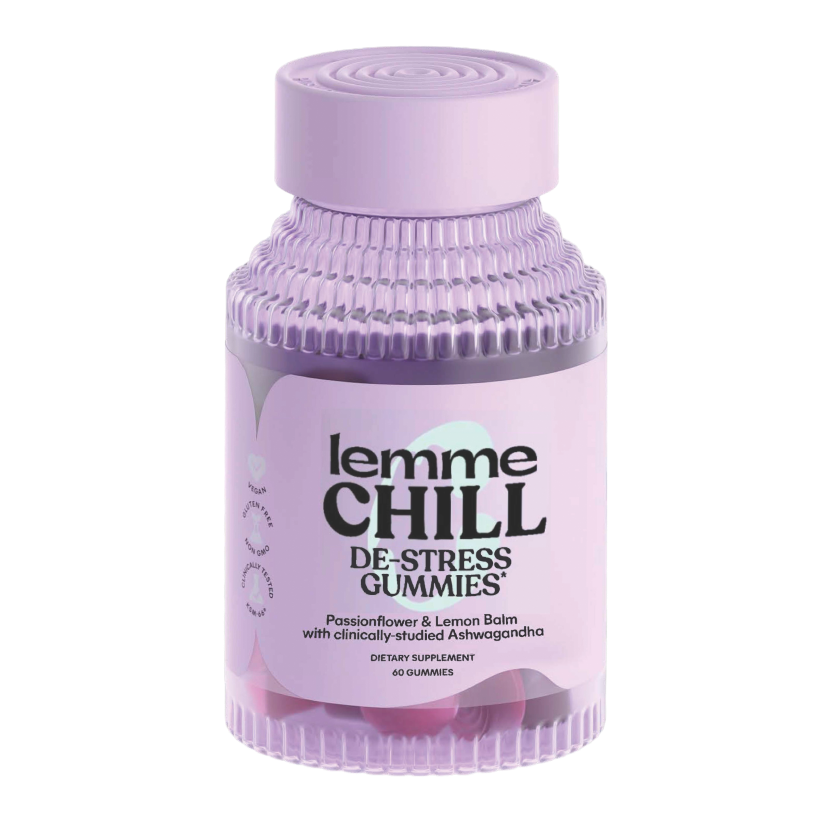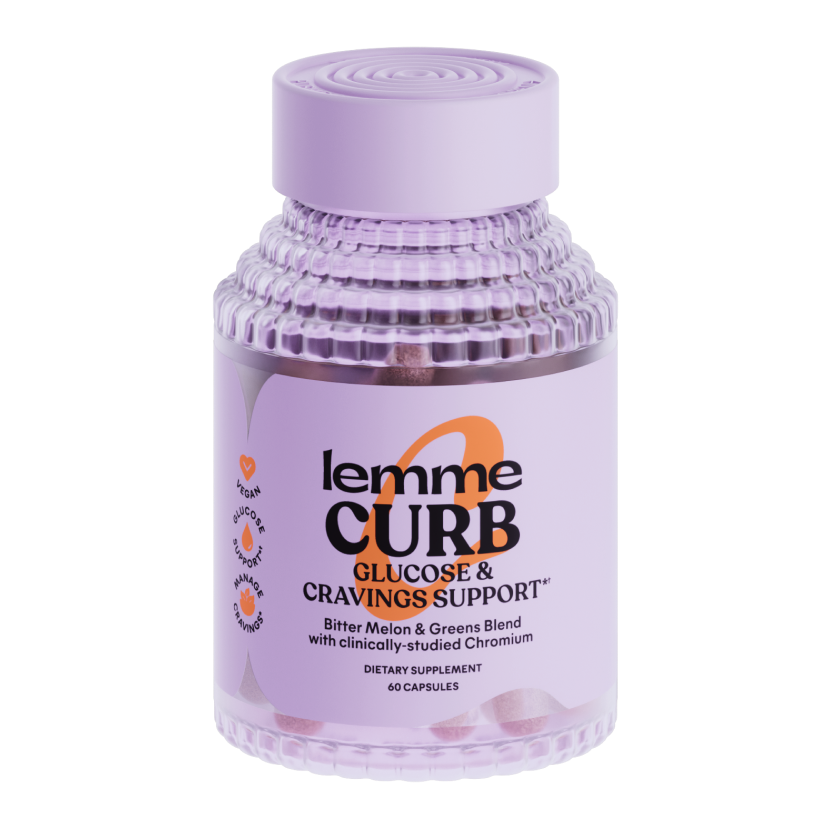
How Long Does It Take for Vitamin B12 To Work?
If you notice yourself feeling tired throughout the day, as if your energy levels quickly deplete even though you eat and sleep well, you might have a vitamin B12 deficiency.
What is vitamin B12, and how does it influence your body? Today, we will learn about this essential nutrient and the important roles that it plays in your cellular processes and functions.
Read on to learn about what vitamin B12 does in the body and how long it takes to start working.
What Is Vitamin B12?
Vitamin B12 is a water-soluble vitamin essential for a lot of functions surrounding energy production. The mineral cobalt is present in vitamin B12, which is where its other name, cobalamin, comes from.
Vitamin B12 helps form red blood cells and plays an important role in oxygen transport and delivery. People with vitamin B12 deficiencies are more prone to health conditions that involve red blood cells, including anemia, and other side effects like an impaired immune system.
Cobalamin is naturally present in certain foods, such as poultry, meat, fish, and dairy products, as well as some fortified foods like breakfast cereals. You can also get B12 from a supplement — there are many oral supplements to choose from. In addition to an oral vitamin, you can also get vitamin B12 shots.
Vitamin B12 deficiencies are common in vegetarians and vegans because this vitamin is only found in animal products. If you follow a plant-based diet, it is generally recommended to consult your healthcare provider, who can perform a blood test to confirm whether you have low blood levels of vitamin B12 and if supplementation or intramuscular B12 injections are necessary.
When Does Vitamin B12 Start Working?
As vitamin B12 is a nutrient, your body must first absorb this compound before you can experience benefits to metabolism and energy. This means that the effects will not be instant.
Whereas vitamin B12 injections can start to work immediately, if you have a vitamin deficiency and start taking supplements based on medical advice, it can take up to a few weeks before your low levels start to improve.
Moreover, remember that vitamin B12 is a water-soluble nutrient, which means you flush it out of your body every time you urinate. As such, vitamin B12 supplements need to be taken consistently in order to start seeing health improvements.
What Does Vitamin B12 Do in the Body?
Your body needs vitamin B12 for many cellular processes and functions, including red blood cell formation, cell metabolism, DNA synthesis, and nerve cell development.
There are many important roles that this essential vitamin plays in the body, most notably that it supports cellular energy and metabolism as well as nervous system function. Let's explore each of these roles in more detail below.
Supports Cellular Energy
All of the B vitamins play a role in one or several steps of the cellular energy production process. Vitamin B12 is essential for the cellular respiration process, in which your body oxidizes organic compounds into ATP for energy.
To help support your cellular energy and power yourself through the day, you can add a vitamin B12 supplement to your daily routine.
Lemme Matcha is a vitamin B12 energy metabolism gummy that also contains organic matcha, a superfood known for its chlorophyll and polyphenol properties, and antioxidant CoQ10 which is vital for energy production at the cellular level.*
Supports Energy Metabolism
Vitamin B12 also helps support energy metabolism. Cellular metabolism refers to all of the metabolic activities, or chemical reactions, occurring within each cell as your body converts the food you eat into energy to power your daily activities and functions.
Vitamin B12 plays a major role in the cellular energy and metabolism cycle that helps supply your body with the strength it needs to get you through the day. Without this essential nutrient, your cells would not have the energy they need to carry out metabolic processes.
Supports Nervous System Health
Vitamin B12 is necessary for the development, myelination, and function of your nervous system. This nutrient is essential for your nerve cells to sustain proper structural support and signaling.
A severe deficiency in vitamin B12 can result in demyelination. Myelin is a fatty outer layer that insulates each nerve cell to both protect it as well as to promote quick signal transduction between nerve cells. Demyelination destroys the myelin sheath on each nerve cell, resulting in nerve damage that can impair neurological function and cause symptoms such as memory loss. Vitamin B12 deficiencies, however, are rare in the United States.
The Bottom Line
Vitamin B12 is an essential nutrient that supports your cellular metabolism and energy, as well as your nervous system function and development.
You can consume vitamin B12 from foods you incorporate into your diet, including meat and dairy animal products. You can also consume vitamin B12 as a supplement. Just make sure that you choose a supplement that has been carefully formulated, like Lemme Matcha.
If your vitamin B12 levels could use some support, consider a vitamin B12 supplement like Lemme Matcha. This gummy supplement has 24 micrograms (mcg) of vitamin B12 as cyanocobalamin alongside matcha and antioxidant CoQ10 to support cellular energy, convert food into energy, support nervous system health and support energy metabolism.*
Check out our blog for more info on how to support your wellness, from gut health to stress management to nutrients and more!
Sources:
Vitamin B12 - Health Professional Fact Sheet | NIH
Vitamin B12 Deficiency | The New England Journal of Medicine
Neurological Aspects of Folate and Vitamin B12 Metabolism | ScienceDirect








